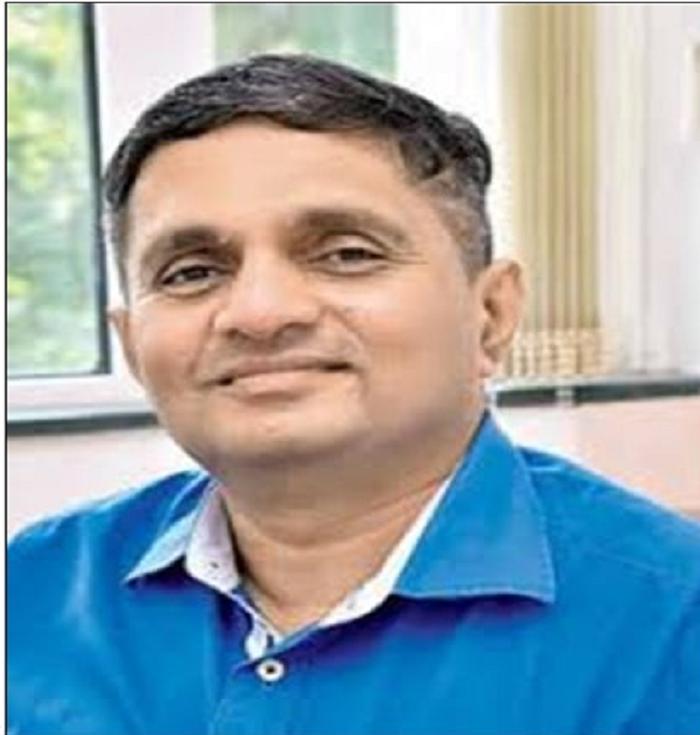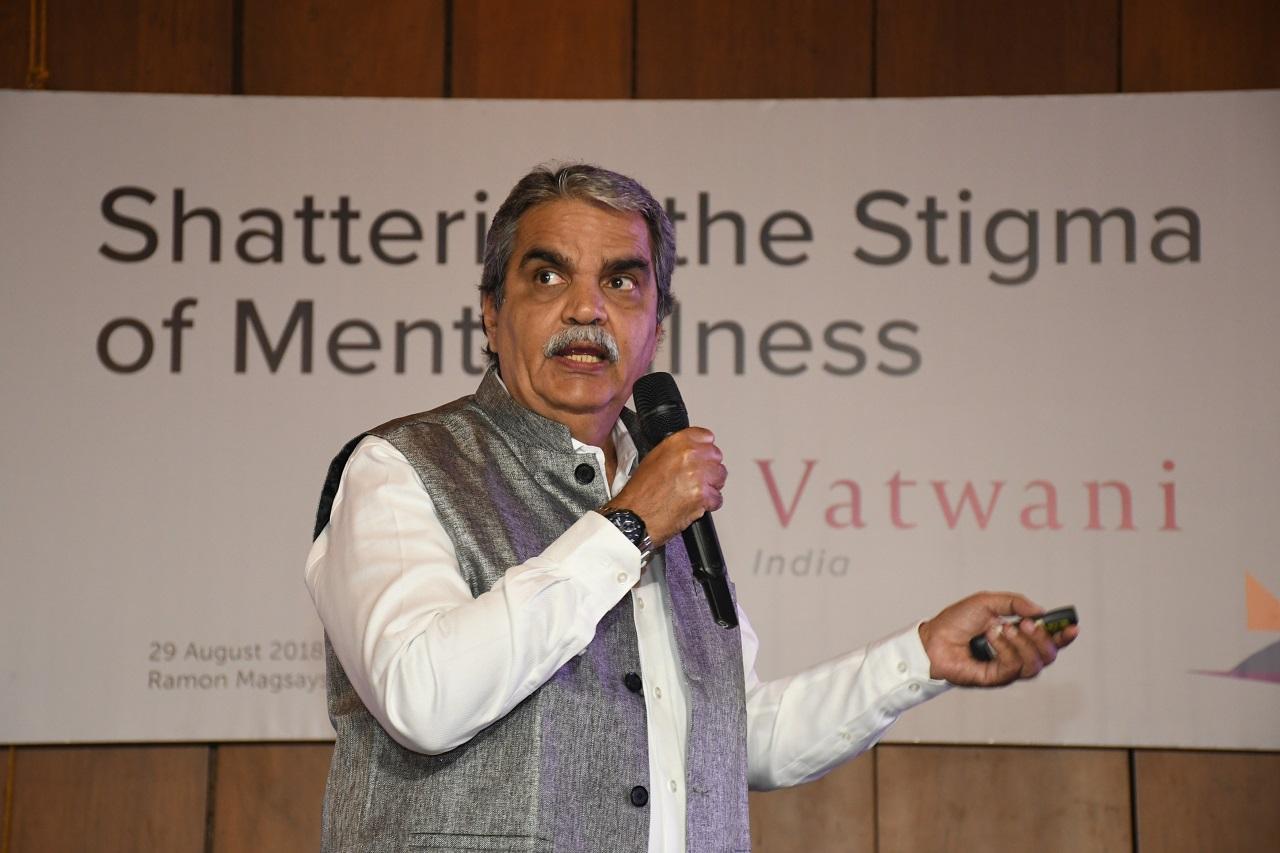Experts say such killings rob the victim of closure and society of seeing justice being served in the right way

Shiv Sena (Shinde) supporters celebrate after the extra-judicial killing of Badlapur POCSO accused Akshay Shinde
The extra-judicial killing of Akshay Shinde in police custody, accused in the Badlapur POCSO case, has once again compelled experts to raise their concern about the victim's right to justice. Criminologists, psychiatrists and child protection professional feel that the victim’s right to justice has been snatched away by the swift extra-judicial killing of the accused.
ADVERTISEMENT
Victim’s right to justice
“Shinde’s death in police custody has reignited debate on extra-judicial killings and the right of accused to a fair trial. However, what often gets overlooked is the profound impact such incidents have on the victim’s right to justice. When an accused is killed before a trial, the victim is denied the legal process meant to deliver justice. It’s not merely about convicting the offender; it’s about the victim’s right to see the judicial system uphold accountability,” said advocate Mohini Priya, advocate on record, Supreme Court.
 Mohini Priya, advocate on record, Supreme Court
Mohini Priya, advocate on record, Supreme Court
Justice not served
“The victim’s status tied to an unproven offence due to the absence of a trial diminishes. The judicial system becomes powerless to adjudicate and confirm the crime or secure systemic penalties for the accused. This leads to the loss of closure for the victim and society with justice being seen as not served,” said advocate Mohini.
Undermine victim’s access to justice
This issue can be viewed through the lens of the United Nations General Assembly Resolution 40/34 of November 1985, which outlines victim’s rights, including access to justice, restitution, compensation, and rehabilitation. In contrast, the Indian criminal justice system links the victim’s recognition primarily to the conviction of the perpetrator. When the accused dies in an encounter, victims lose their pathway to formal justice. Police encounters, while often seen as a means to swiftly ‘close’ a case, effectively undermine both the judicial system and the victim’s access to justice.
Plight of victim and her family buried

Dr Harish Shetty
Dr Harish Shetty, psychiatrist, said, "Amidst the turmoil at Badlapur where politicians are trying to score brownie points and the media is obsessed with the extra-judicial killing of the alleged criminal, one fact that gets buried in the mayhem is the plight of the victim and her family.”
Provide free mental health intervention
“It's mandatory for the state to provide mental health intervention free of cost at least across a year or for a period that is deemed necessary. This is the basic right of the child and other children and families who have been traumatised. The entire post-rape scenario is very murky and suspicious and no one should lose sight of the affected child and other children and families who are affected by the single incident as collateral damage. The shelf life of such events is very short,” said Dr Shetty.
Screen other children too
The state should screen other children of the school who have suffered vicarious trauma and provide counseling assistance. Many kids and families across the town may have been affected too just by the news that was amplified. Many out of fear may not be attending their own schools. A very meticulous survey if conducted will help mental health interventions to reach every child in need.
“Just as the government promptly formed an SIT to investigate the encounter, similarly a mental health team should be constituted to provide emotional solace to the victim and others affected,” said Dr Shetty.
Compounds mental agony

Dr Bharat Vatwani
Founder of Shraddha Rehabilitation Centre and Ramon Magsaysay Award winner Dr Bharat Vatwani said, “The child grappling with the long term consequences of sexual abuse, the lingering deep seated fear of the adult male species, the growing up in a world of pointing fingers. These psychiatric issues get relegated in the background by society. But they remain in the recesses of the psyche of the victims. And society by its absence of support for these complex intricate wounds compounds the mental agony of the victim survivors involved.”
Punitive punishment has deterrent impact
Nishit Kumar, founder and managing director at Centre for Social and Behaviour Change Communication, and a child protection proessional, said, ““The extra-judicial killing in the form of an encounter robs the survivors and their families of the satisfaction of seeing the offender be pronounced guilty in a public court, an important psychological step to a feeling of closure. It is not clear whether the survivor will get financial aid now that there won’t be a case in court.”
 Subscribe today by clicking the link and stay updated with the latest news!" Click here!
Subscribe today by clicking the link and stay updated with the latest news!" Click here!







